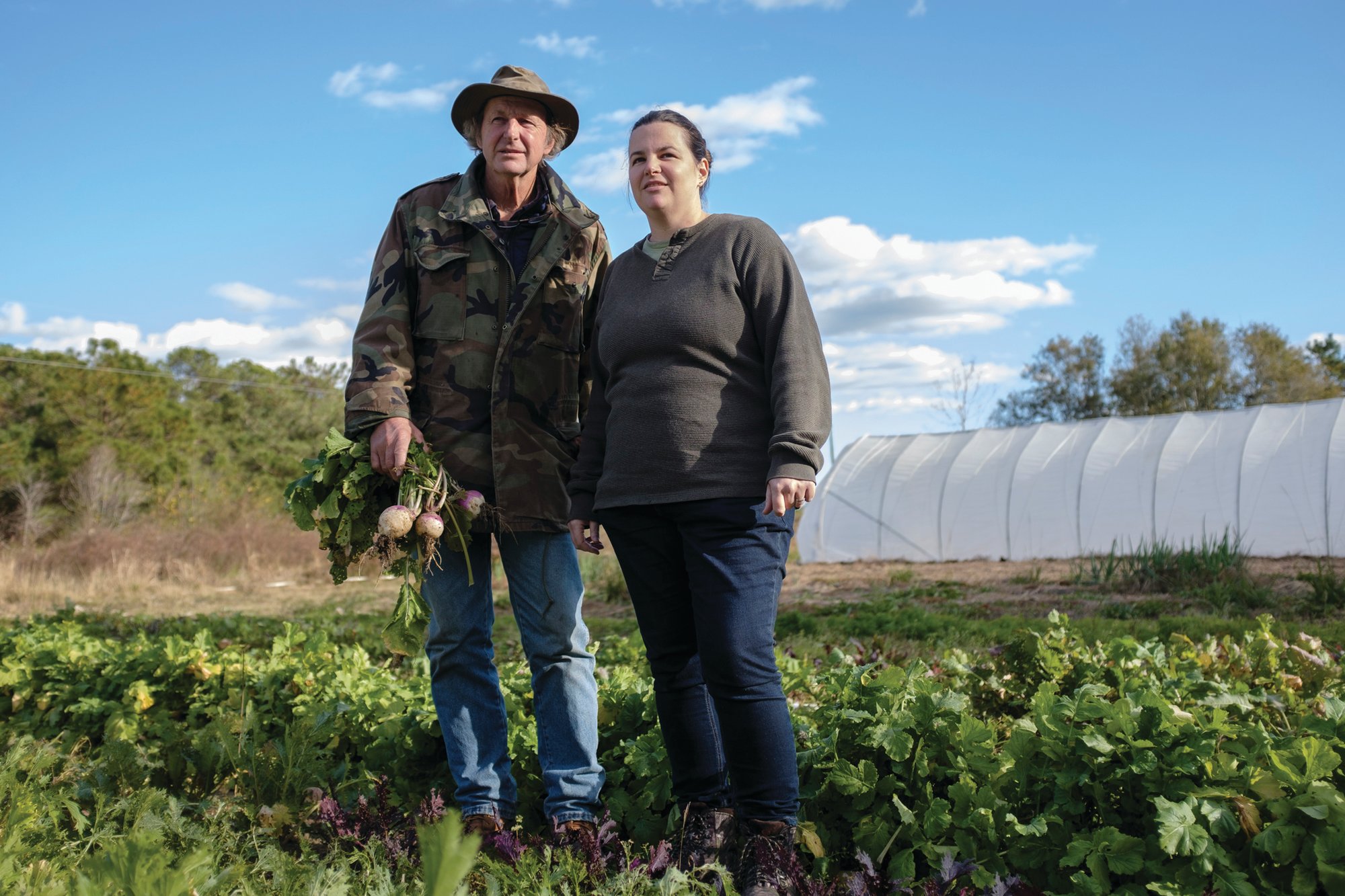Highway extension plans leave farmers worried about future
The Sun News
LITTLE RIVER - Efforts to expand the Carolina Bays Parkway north across the state border are underway, but first officials must decide which route the road will take.
The North Carolina and South Carolina departments of transportation presented nine potential corridors the road could take through Horry and Brunswick counties. Extending the highway will be a joint venture of the two Carolinas hoping to create a safer and faster connection.
Once completed, the road will be between 19 to 22 miles in length with approximately nine controlled interchanges to keep traffic flowing. It will be a four- to six-lane highway connecting with U.S. 17 somewhere south of Shallotte, North Carolina, depending on the final route.
As with any road project, some residents could stand to lose property depending on which path is taken. And hundreds of people turned out on Tuesday in Sunset Beach, North Carolina, to learn more about the project's potential paths.
"We don't want to study something the public will be highly opposed to. We want that public backing," NCDOT Project Manager Krista Kimmel said.
Farmer Sam Bellamy and his daughter, Sallie Lun, operate Indigo Farms, which has been in their family for generations and is still their primary sources of income. It sits right on the state border and is within several of the proposed corridors.
The two grow mushrooms and strawberries, host events, have bee hives and pride themselves on being organic and environmentally sustainable. They have no intention of leaving their farm.
"Our family ties go back to 1763. Our roots are here," Bellamy said. "It would really be the termination of all the good we do here and I've tried to bring here."
When a new road is planned, typically the state's DOT will release several potential corridors that are wider than what the road project will actually be once built. The corridors are designed to give officials flexibility to lessen the impact on the environment and privately held property. Some of the proposed nine head more inland toward the Indigo Farms while others stick closer to U.S. 17 near the coast.
Public meetings are held to identify any potential environmental or cultural consequences if the road goes through there. A second meeting was held in Little River on Wednesday, and comments can be submitted until Jan. 10.
Officials have not reached out directly to Indigo Farms yet, Kimmel said, but NCDOT is taking every concern into account. She said the corridor that is picked will aim to have the least impact it possibly can while also upholding the mission of the road.
"That's part of the process. We want to hear from the public is their opinions and thoughts on the project. That's what helps us narrow down our selections," Kimmel said.
Officials will select a few potential corridors to complete further studies. The final selection probably won't be made until spring 2021.
North Carolina is still looking to shore up funds for its portion of the road. Kimmel said it will be among her division's top priorities to secure the funds when elected leaders decide the next cycle of the State Transportation Improvement Program that begins in two years.
Horry County is funding the South Carolina portion through the RIDE III program voters approved in the 2016 election. South Carolina plans to begin purchasing the land needed for the road in 2022.
In total, the project is expected to cost $552 million with North Carolina spending $367 million of it. SCDOT will build about 5 miles of the road while North Carolina will build 14.
Several of the proposed paths would wind up near or on top of Indigo Farms' land and produce store on Highway 57. While that does not necessarily mean it will be shut down or relocated, Lun said the uncertainty of the land's future makes it impossible to do long-term improvement to their business.
"If I have to pick up here, where am I going to put down and teach my kids the importance of feeding the community?" Lun asked.
For Bellamy, destroying farms and scenic areas will have cultural consequences that far outlive anyone building the road. He is worried future generations won't have the ability to work with the land and appreciate nature.
The Indigo Run area is a historical economic route with old graveyards, unique habitats and century old farms, he said.
Indigo Farms isn't the only property that could be bought out as the road is built. Every potential corridor could impact hundreds of homes, a few churches and cemeteries, streams and acres of wetlands.
If land is purchased by the government, regulations require a fair deal be made with the property owner that minimizes the financial impact of having to move.
Still, Bellamy said no amount of money is worth more to him than the farm he was raised on. He has carefully worked that land for decades and would hate to see it lost.
"People need to be connected to the real world, and farms are a great way to do that. We try to cater to families instead of being a business that just cares about dollars," Bellamy said.
More Articles to Read

